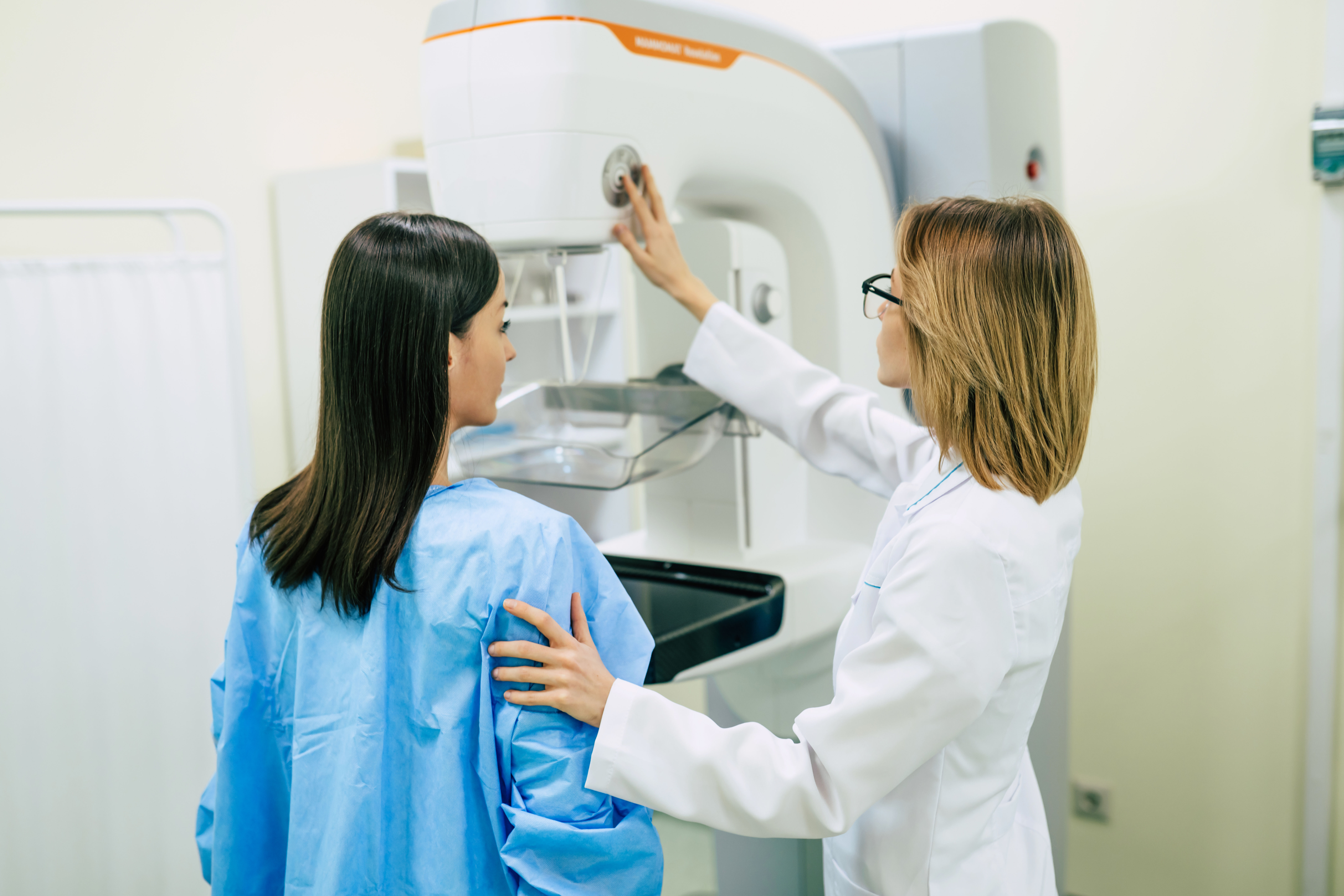This content is sponsored by MedStar Washington Hospital Center.
There are more than 6 million Americans living with heart failure – about 10 percent of which have advanced heart failure, according to the American Heart Association. While heart failure can sound scary, experts at MedStar Washington Hospital Center work with patients to determine their best treatment options and utilize cutting-edge procedures to help yield the best outcomes.
Heart failure is a chronic, progressive condition in which the heart muscle is unable to pump enough blood to meet the body’s needs for blood and oxygen, according to the American Heart Association. Basically, the heart can’t keep up with its workload.
“Heart failure is a chronic disease. It affects people because it interferes with the way they live. It affects their functional ability to do the things that they would do normally in life,” said Dr. Maria Rodrigo, an advanced heart failure specialist and Medical Director of the Heart Transplant Program at MedStar Washington Hospital Center.
Heart failure signs and symptoms may include: shortness of breath; fatigue and weakness; swelling in the legs, ankles and feet; rapid or irregular heartbeat, reduced ability to exercise, persistent cough with white or pink blood-tinged phlegm, or wheezing.
Approximately 550,000 new cases are diagnosed in the United States each year. Experts estimate that nearly 4 million women in the U.S. are affected by heart failure.
Symptoms can look different for women than they do for men. For example, women tend to develop congestive heart failure at an older age than men; women’s heart failure is more often linked to high blood pressure, coronary artery disease, valvular disease and diabetes; and women can develop peripartum cardiomyopathy – a rare type of heart failure developed within the last month of pregnancy, or within five months after delivery. Women also tend to have more shortness of breath and difficulty exercising than men.
Advanced heart failure requires a specialized treatment plan, and MedStar Heart & Vascular Institute physicians are nationally known for creating innovative plans for patients with complex cases. The cardiologists and surgeons in the Advanced Heart Failure Program work with patients and their cardiologists to determine which treatment will provide the best possible outcome.
Treatment options could range anywhere from medication to a heart transplant. MedStar Washington Hospital Center doctors performed the first heart transplant in the region in 1987, and the program has since performed more than 250 of these lifesaving surgeries.
Hearts may not always be available for transplant patients when they need them, and that has led doctors and surgeons to look for alternative procedures and therapies that can lead to life-saving outcomes.
One option is a left ventricular assist device (LVAD), an implantable mechanical pump that helps pump blood from the lower chambers of the heart (the ventricles) to the rest of your body. It can be either a permanent treatment or a temporary measure before a heart transplant.
Read more about MedStar Washington Hospital Center’s team and treatment options on its website.







